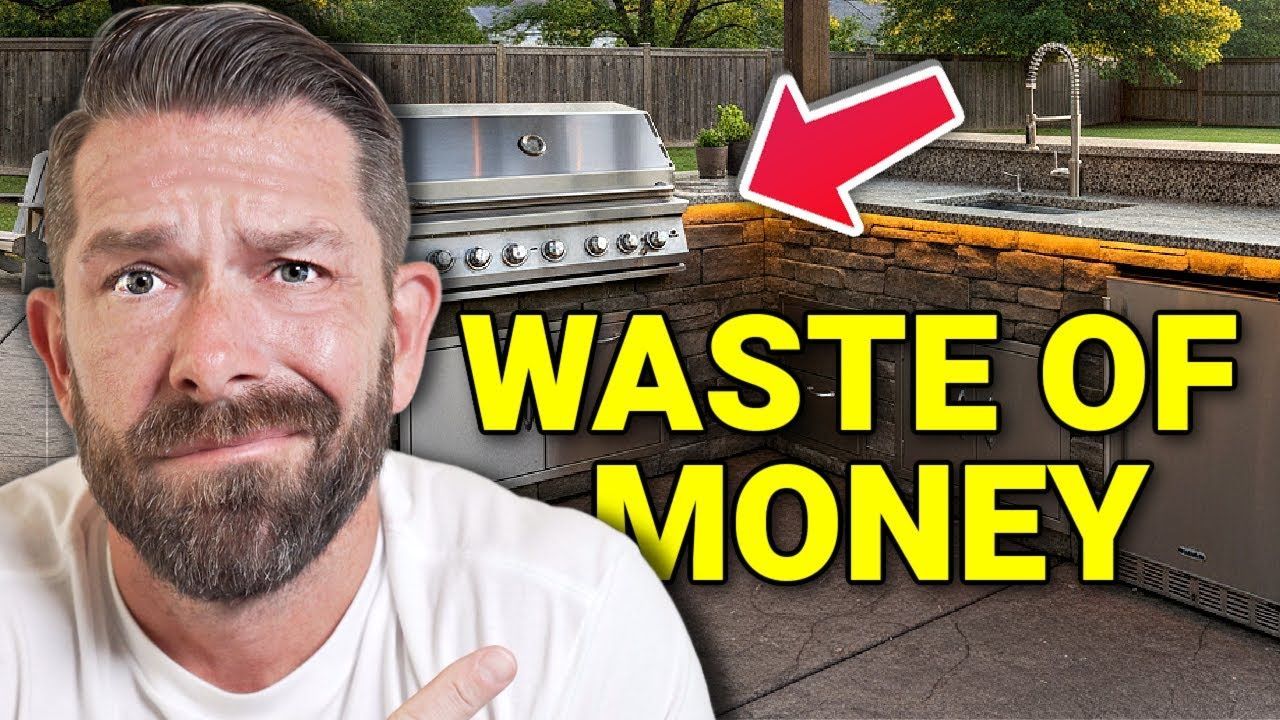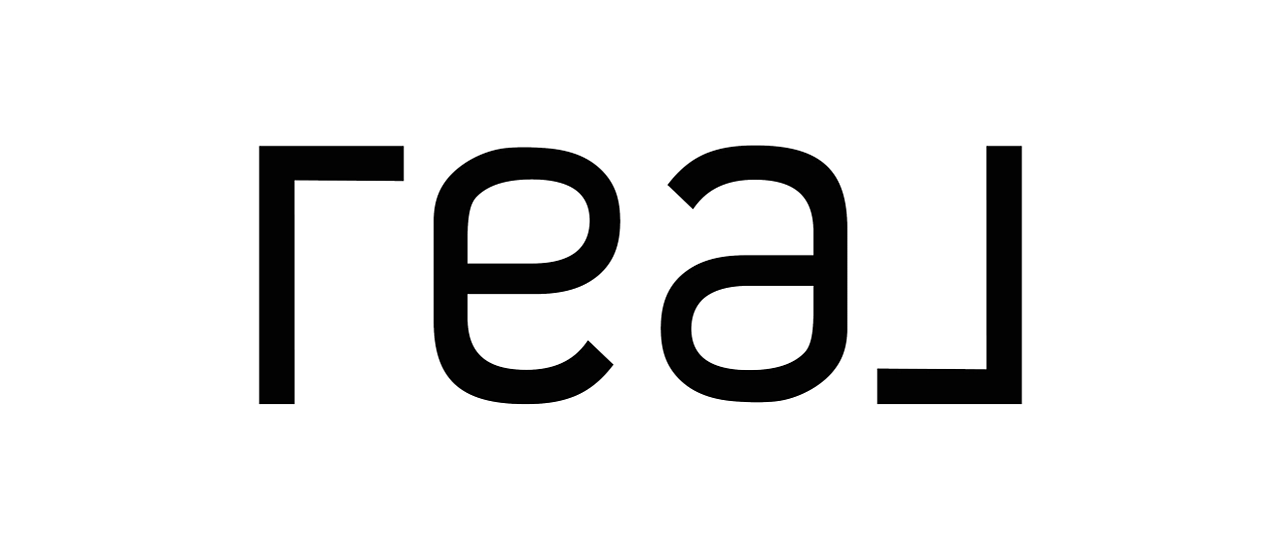FHA vs Conventional Loans: Pros, Cons & How to Choose
Get The Latest OC Housing Report
FHA vs Conventional Loans: How to Choose the Right Mortgage When Buying or Selling Real Estate
Thinking FHA loans are only for buyers with bad credit and conventional loans are the "only way"? Think again.
In this guide, we’ll reveal the surprising truth about FHA and conventional loans, compare real-world scenarios (3%, 5%, and 10% down), and break down the real pros and cons. Whether you're buying your first home or selling and moving up, understanding your financing options could save you thousands of dollars.
Table of Contents
- What Are FHA and Conventional Loans?
- Down Payment Requirements
- Credit Score Guidelines
- Mortgage Insurance: The Hidden Costs
- Debt-to-Income Ratios Explained
- Loan Limits and Property Requirements
- Income, Employment, and Pre-Approval Tips
- Real Payment Comparisons
- Pros and Cons Summary
- Final Thoughts
What Are FHA and Conventional Loans?
FHA loans are backed by the Federal Housing Administration, offering low down payments and more lenient credit requirements. Conventional loans are not government-insured and often have stricter lending standards but offer more flexibility once you qualify.
Important: FHA and conventional loans are available for all homebuyers—not just first-time buyers!
Down Payment Requirements
FHA Loans
- Minimum 3.5% down with a credit score ≥ 580
- Minimum 10% down with credit scores between 500-579
- Great for buyers with limited savings
Conventional Loans
- Minimum 3% down with solid credit (usually ≥620)
- Common options: 5%-20% down
- Larger down payments = better loan terms
Pro Tip: FHA allows for smaller down payments but may come with higher long-term costs.
Credit Score Guidelines
FHA:
- Minimum 500 credit score (with 10% down)
- 580+ allows 3.5% down
- Lower scores may require manual underwriting
Conventional:
- Minimum 620 credit score
- 740+ for best rates and lowest PMI
Key Point: The lower of two buyers' scores is used to qualify — even if your co-borrower has excellent credit.
Mortgage Insurance: The Hidden Costs
FHA Mortgage Insurance
- Upfront Fee: 1.75% of the loan amount (financed into your loan)
- Monthly Premium: 0.55% of the loan amount
- Permanency: Required for the life of the loan unless 10% down
Conventional Mortgage Insurance (PMI)
- No upfront fee
- Monthly PMI varies based on credit score and down payment
- PMI can be removed once you reach 20% equity
Example: FHA adds $8,444 in upfront mortgage insurance to a $500,000 home, raising your total financed amount significantly.
Debt-to-Income Ratios Explained
Debt-to-Income (DTI) ratio measures how much of your monthly income goes toward debt payments.
FHA:
- Front-end (housing only): up to 47%
- Back-end (all debt): up to 57%
Conventional:
- Typically capped at 49.99%
Translation: FHA is more flexible for buyers with higher debt.
Loan Limits and Property Requirements
Loan Limits
- FHA limits vary by county
- Conventional loan limits tend to be higher in low-cost areas
Tip: Always check your county's loan limit.
Property Requirements
- FHA: Stricter appraisals focusing on health and safety
- Conventional: More lenient but condos must meet "warrantability" standards
Bonus: For fixer-uppers, FHA 203(k) loans are a great option.
Income, Employment, and Pre-Approval Tips
- Both FHA and conventional require stable income and employment.
- Typically 2 years of job history preferred.
- FHA: Recent employment gap? Need 6 months back on the job.
Before shopping for homes:
- Talk to a reputable mortgage broker.
- Get pre-approved(not just "pre-qualified").
- Don't pay upfront fees!
Call to Action: Need a second opinion? [Book a free consultation here](Insert link).
Real Payment Comparisons
| Loan Type | Down Payment | Monthly Payment | Total Monthly (Incl. PMI, Taxes, Insurance) |
|---|---|---|---|
| FHA | 3.5% | $3,023 | $3,856 |
| Conventional | 3% | $3,186 | $3,911 |
| FHA | 5% | $2,976 | $3,805 |
| Conventional | 5% | $3,120 | $3,799 |
| FHA | 10% | $2,807 | $3,633 |
| Conventional | 10% | $2,943 | $3,616 |
Placeholder Image: [Insert chart comparing FHA vs Conventional monthly payments]
Pros and Cons Summary
FHA Pros
- Lower credit score requirements
- Smaller down payments
- Easier qualification for higher DTI
- Lower interest rates
FHA Cons
- Permanent mortgage insurance (unless 10%+ down)
- Upfront mortgage insurance premium
- Stricter property guidelines
Conventional Pros
- No upfront mortgage insurance
- PMI can be removed
- More flexibility with properties
- Better for higher credit borrowers
Conventional Cons
- Higher credit score required
- Stricter DTI ratios
- Slightly higher interest rates
Final Thoughts
Choosing between an FHA loan and a conventional loan isn't just about what you qualify for — it's about what's best for your long-term financial goals.
- If your credit score is under 680, FHA often wins.
- If you have strong credit and 5%+ down, conventional is usually better.
- Always shop multiple lenders and run real numbers.
Watch the full breakdown now:
Ready to take the next step toward your dream home?
Click here to schedule your free home loan consultation!












